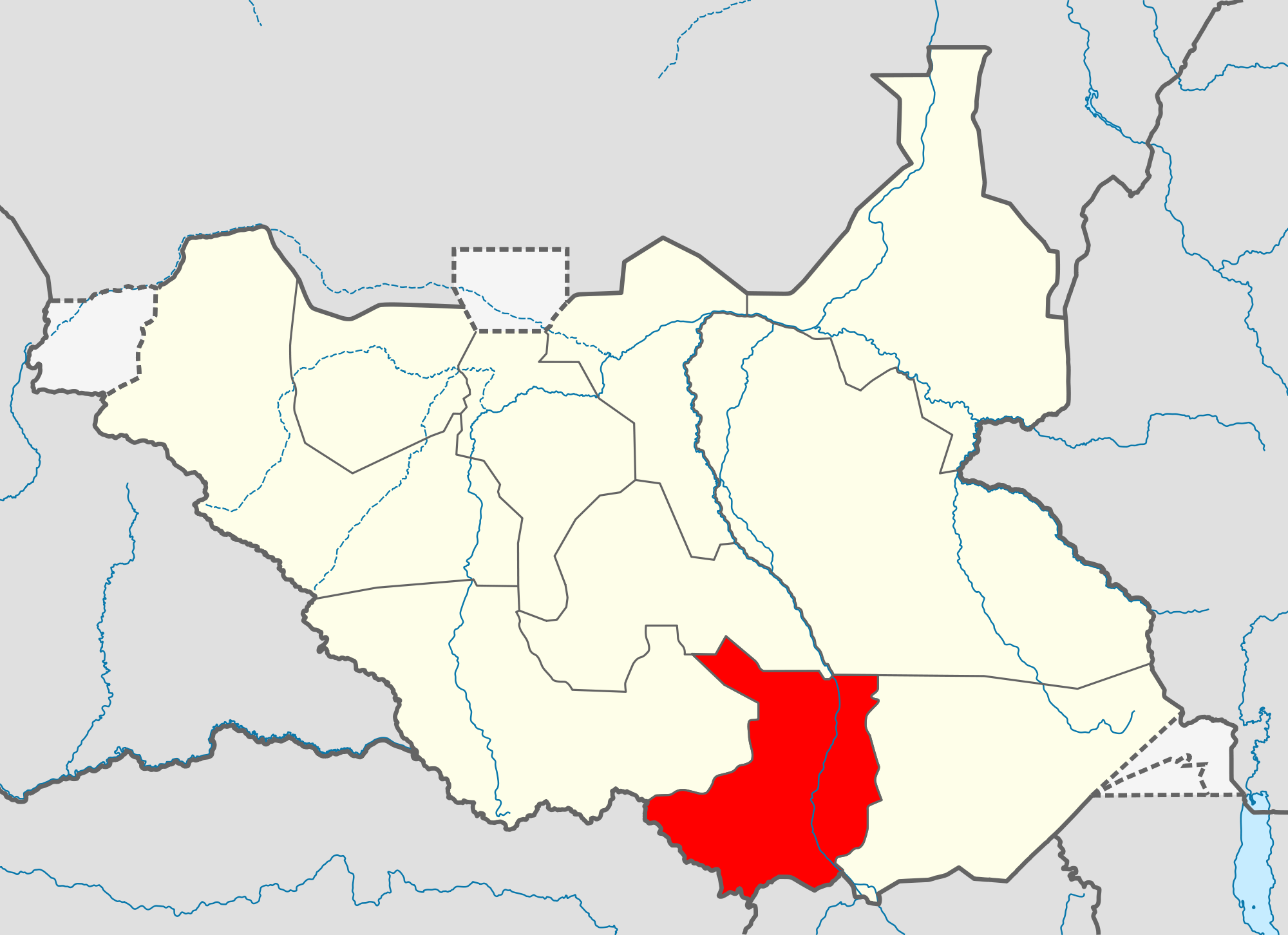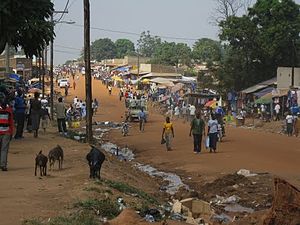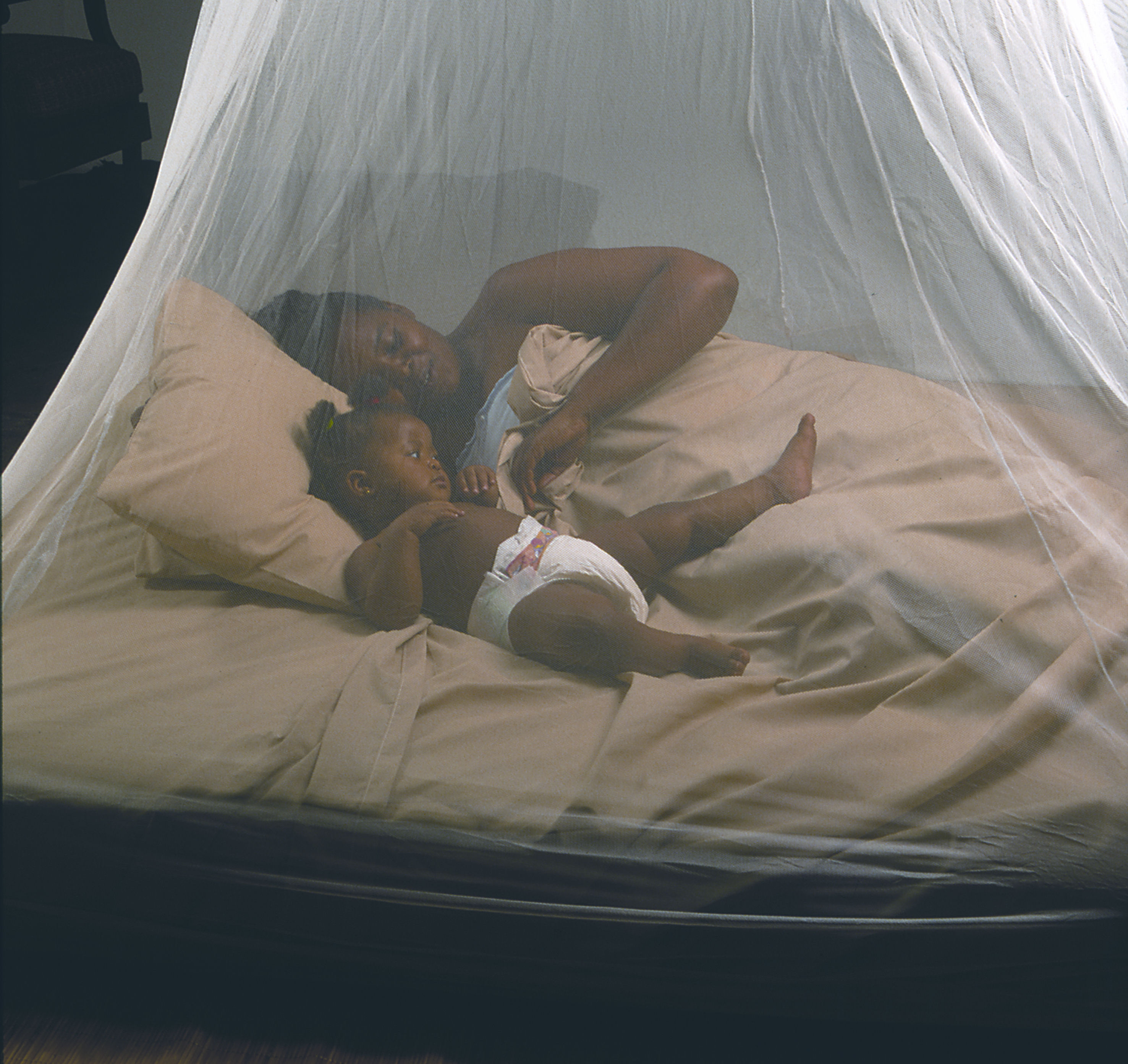Over 1,000 cases of Malaria have been diagnosed in Yei River County, Central Equatoria State, South Sudan this week.
“In total those who are registered on OPD we have is one thousand eighty three cases of malaria, and among these cases we have four hundred and fifty four under five, with three dead which means these cases are increasing weekly,” said County Disease Surveillance Officer Michael Lugala.
Three children among the new cases have died.
 Reasons for the increase in cases were attributed by Lugula to limited access to mosquito nets and dirty conditions in an interview with South Sudan’s Eye Radio.
Reasons for the increase in cases were attributed by Lugula to limited access to mosquito nets and dirty conditions in an interview with South Sudan’s Eye Radio.
 Mosquito nets should be made available to residents by health partners and the State Ministry of Health, and living environments should be kept cleaner, Lugula advised.
Mosquito nets should be made available to residents by health partners and the State Ministry of Health, and living environments should be kept cleaner, Lugula advised.
Mosquito nets, which cost a couple of dollars and last a few years, are the most effective means of preventing malaria is sleeping under a mosquito net, specifically long-lasting insecticide treated nets (LLIN).
It is estimated that for every 50-250 nets that are put over the beds of people in malaria-prone areas, one child is saved from death.
The malaria organization Against Malaria has stated that “Mosquito’s typically bite between 10 o’clock at night and two in the morning – and that’s one of the most important things we have on our side: if we can protect people in affected areas when they sleep at night we have a very good chance of preventing them contracting malaria.”
Each net costs about $3, lasts for 3-4 years, and protects, on average, two people.
The statistics are well known given the scale of the problem. Every 50-250 nets we put over heads and beds, one child doesn’t die.
By Sid Douglas
